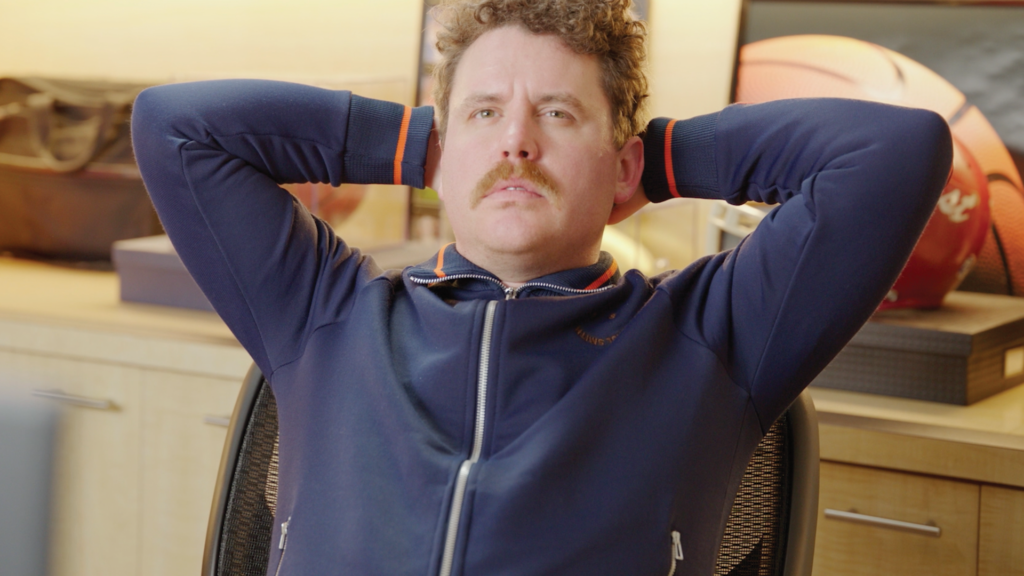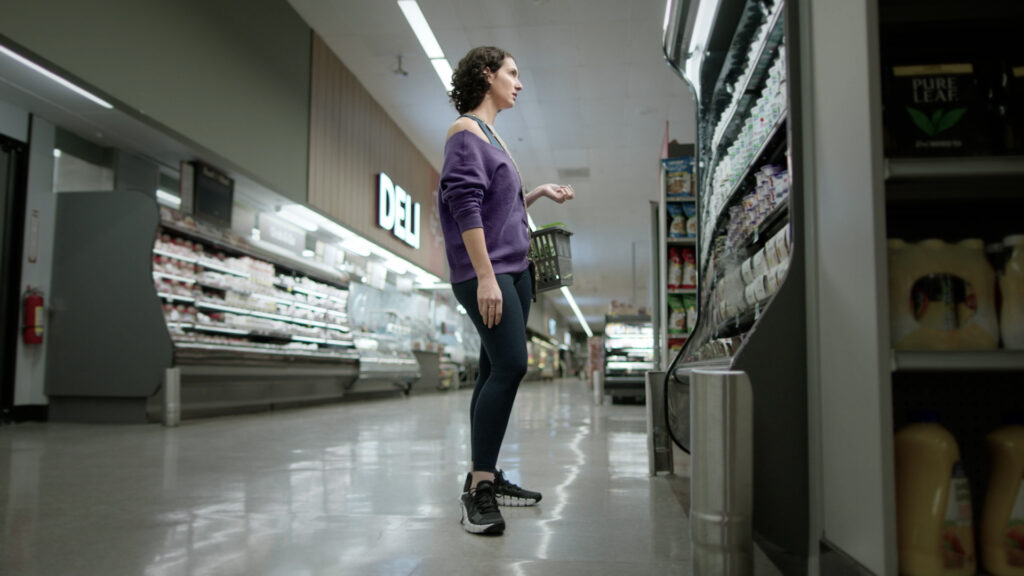
Travel & Hospitality — Where Less Is Never More: Fuel For Thought #10
By: Nick Teare
It wasn’t too long ago that the old saying, “don’t let a good crisis go to waste,” might have elicited a laugh or a benign knowing sigh of agreement. Then the COVID-19 pandemic and the grim results over the past year gave this phrase new meaning. The stakes for a long-term, healthy (in all senses of the word) recovery from the pandemic could not be higher, or more final. “Not letting a good crisis go to waste” is no longer a wry aphorism, but something deeper, more personal. We have nothing short of an obligation to rebuild in a fundamentally different way. And build something newer and better than before.
Which is why the response from the travel and hospitality industry is all the more puzzling. Countless jobs lost, businesses closed for good, entire sectors such as in-person meetings and events that might never fully recover. And what has the industry done? If you read even just a few posts on LinkedIn from travel industry professionals, what you come away with is a sense that the recovery is being driven by collective wishful thinking — “say it and they will come.” Influencers are taking note and heading back to Instagram posting the very same type of content they did into early 2020, hopeful that their somewhat questionable livelihoods will return with the click of a shutter. The entitlement cabal between points bloggers and loyalty programs is busy snapping up discounts and freebies, more concerned with the “stuff” than the memories. And they’re getting less too, as customer service contacts are either being stripped away or it can take up to 41 hours to reach a live elite customer service rep (Source: View From The Wing, 5/11/21). Not to mention that basics such as housekeeping might suddenly be confined to by-request-only (Loyalty Lobby, 5/24/21), if they can even find staff to answer the request (The Wall St. Journal, 5/18/21).
The reality, though, is that while travel brands would like their guests to think that everything will soon be back to “normal” (my winner for the latest word to lose all meaning), these same brands have used the crisis to scale back in favor of greater profitability. Some executives cite “green shoots of optimism,” referring of course to booking data on a report or maybe additional flow-through from the reductions in service, not really focusing on the fact that the data is a real person just wanting to be taken care of (didn’t we learn over the past year that behind the staggering numbers were mothers, fathers, grandparents and friends?!). Some in the C-Suites have proudly proclaimed they will drive for higher margins, while others are shifting their strategy toward more of a franchise model, offloading direct responsibility for pesky concepts such as brand standards, which in practice have always been viewed more as a cost — especially in the upper end of the industry — than a source of competitive advantage.
Which is also why the latest forecasts from industry leaders that the luxury segment will come roaring back to pull the industry out of the chasm are also puzzling (The Future of Travel, Tripadvisor/Accenture, 5/21). First, it’s hardly news — anyone who has looked at historical data from The Luxury Institute and others knows that the affluent segment has always come back first and most strongly. Second, they are trying to retrofit the same old offerings to a “new” emerging guest, when the guest really isn’t “new” at all. Upscale travelers have known that suites and villas offer more space and privacy for some time now. And third, what these executives are really hoping is that the affluent traveler has somehow forgotten the traditional aspects of craftsmanship, quality and service, and become fully conditioned to less.
The one perspective that seems to be missing lately is that of the guests themselves. The hospitality business is becoming far more the latter than the former. Even brands such as Rosewood and Belmont, with unique pedigree and backing, seem content to largely play by the previous rules, confining the introduction of new experiences to opening those properties that broke ground well before the crisis. These are brands that once — and that could and should once again — capture the traveler’s imagination rather than just her wallet. I can’t help but think of Aman and Bulgari Hotels & Resorts, maybe even Auberge, as they seem to be playing a Hermes-like long game, and wonder what brilliant surprises they might have in store, even if it’s a continued focus on excellence, which would be a surprise indeed in the current environment.
Against this increasingly impersonal tide, the exceptions easily stand out, even the small ones — the real “green shoots.” A story from a single Kimpton property about a poet seated in the lobby, before an old typewriter, waiting to do nothing more than listen to a guest’s story before turning it into something even more magical. Auberge thoughtfully noticing and acting on guest behaviors with personality and sincerity — an idea for a new snack here, a perfectly laundered and returned shirt left behind there (Auberge Resorts Carves Out Luxury for These Times, Skift, 2/23/21). And American Express Centurion Lounges initiating new policies to try and return some semblance of serenity to their airport lounges.
If fresh thinking were as plentiful as wishful thinking, travel and hospitality would be poised for a bright future and sustained, strong growth. What one cannot help but wonder is what will happen after the first few trips when travelers realize they’ve come back to less than they had before.
Some fuel for thought as we head into a crucial period:
- Surprise Yourself by Breaking a Few Category Conventions: Most true travel and hospitality professionals have seen it all by now. So, the question becomes, “what would surprise and delight even you? What would get you to book immediately? To stay another few days? To upgrade your accommodations? What are the kinds of stories you find yourself retelling about a previous trip?” It stands to reason, and should be standard thinking, that if it appeals to an experienced traveler such as yourself, your guests will be even more amazed.
- Set Small Goals for a Big Impact: I had the privilege of working with a brand renowned for creating over-and-above guest experiences. But the ones that ultimately had more impact were the small gestures: a caring touch here, a moment of genuine recognition and appreciation there. And never forget the youngest guests whose enjoyment can make or break the entire experience. Importantly, such moments can be measured. Set a goal of three gestures per guest per stay, or ten per attendant per flight. Document, share, learn, improve, repeat and watch your engagement rise.
- Create a Memorable Ritual and a Story to Match, or Is It the Other Way Around?: In the current environment, time and emotional energy around your best customers are simply smart. How can you recognize and welcome them back, both when they are with you and in between stays, visits or flights? Formalize your approach with a thoughtful moment or gift that shows your appreciation. And tie it into a story. Having worked with a luxury hotel brand that would pride itself on the number of guest rituals, I can tell you that most fell flat — dry recitation from a well-meaning junior staff member who tossed off a quick story about a 19th century European general. I thought we were in Puerto Rico. Huh? It doesn’t matter whether the story or the ritual comes first, but make it authentic, make it interesting, deliver it from the heart and ensure it wraps your guests and customers in a virtual hug of appreciation.
- HBWA —Hospitality By Walking Around: When we were discussing the introduction of a loyalty program for a luxury hotel brand, someone offered the idea that after “x” amount of stays, the guest can have a personal meeting with the General Manager! So much for the old brainstorm rule about no bad ideas. The best General Managers, best described by Seth Godin in his book “Linchpin” as the indispensable key to success, have a presence like no other and always seem to know exactly where and when they should appear and engage to recognize, listen and help create a truly lasting bond.
- Actions (and a POV) Before Videos: The explosion in travel-related videos should surprise no one. But the similarity between them should. There seems to be an industry formula of a leisurely pace, long cuts from the destination and shiny, happy models, er, guests. A perfect vacation on the coast of the sea of sameness. Rather than spending on a video brochure that works harder for the destination than your location or service, spend more time on identifying unique touchpoints and experiences, creative actions and behaviors that can be captured and shared in a series of shorter formats for different channels.
In the end, the travel industry will of course survive. Maybe even thrive in the immediate post-COVID environment. The desire to escape, explore, learn, be pampered, gather with friends and colleagues, is simply ingrained too deeply in our collective psyches. Long-term success, however, may only come when industry leaders, including key stakeholders such as hotel owners and asset managers, start demanding more of their brand experience and marketing teams and less of their customers and guests. Because in a post-crisis world, less is unfortunately what we might be giving them.
Interested in exploring a “more” mindset and how RP3’s approach to breaking category conventions can help ensure your brand doesn’t end up with less? Contact Us.
News
Let's make some good.
Drop us a line



